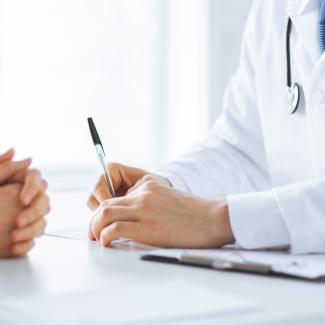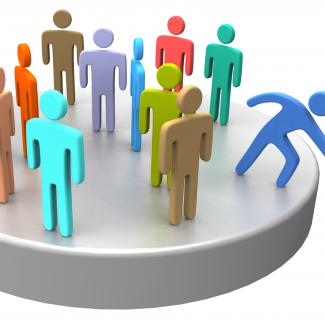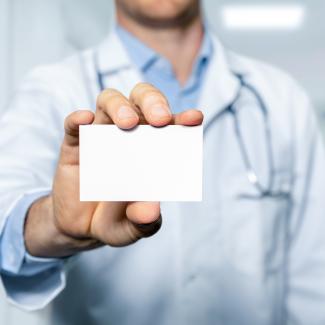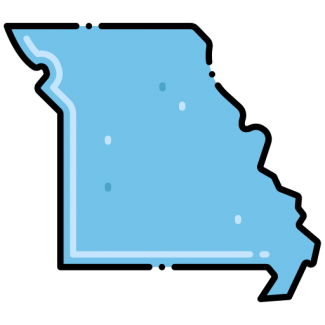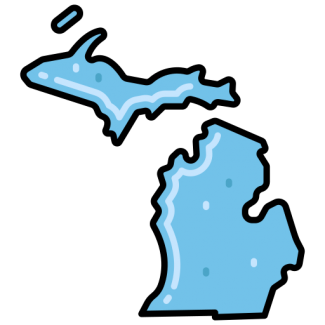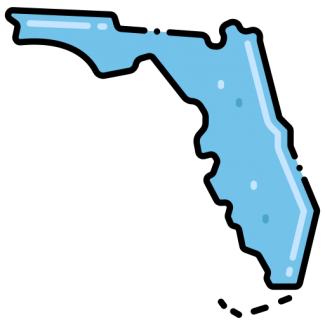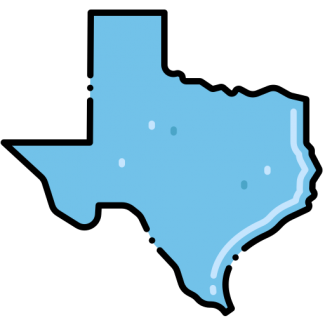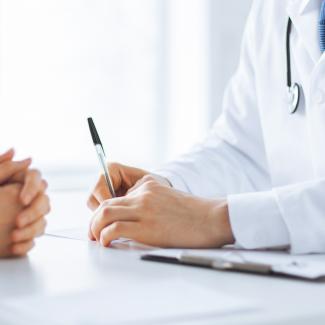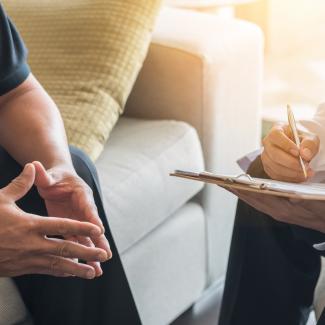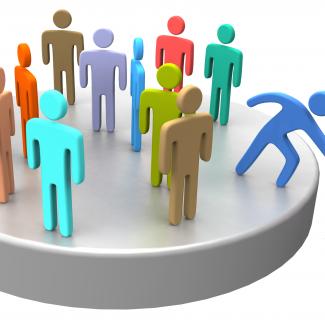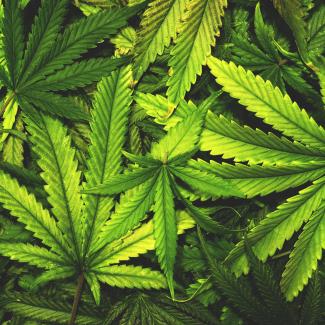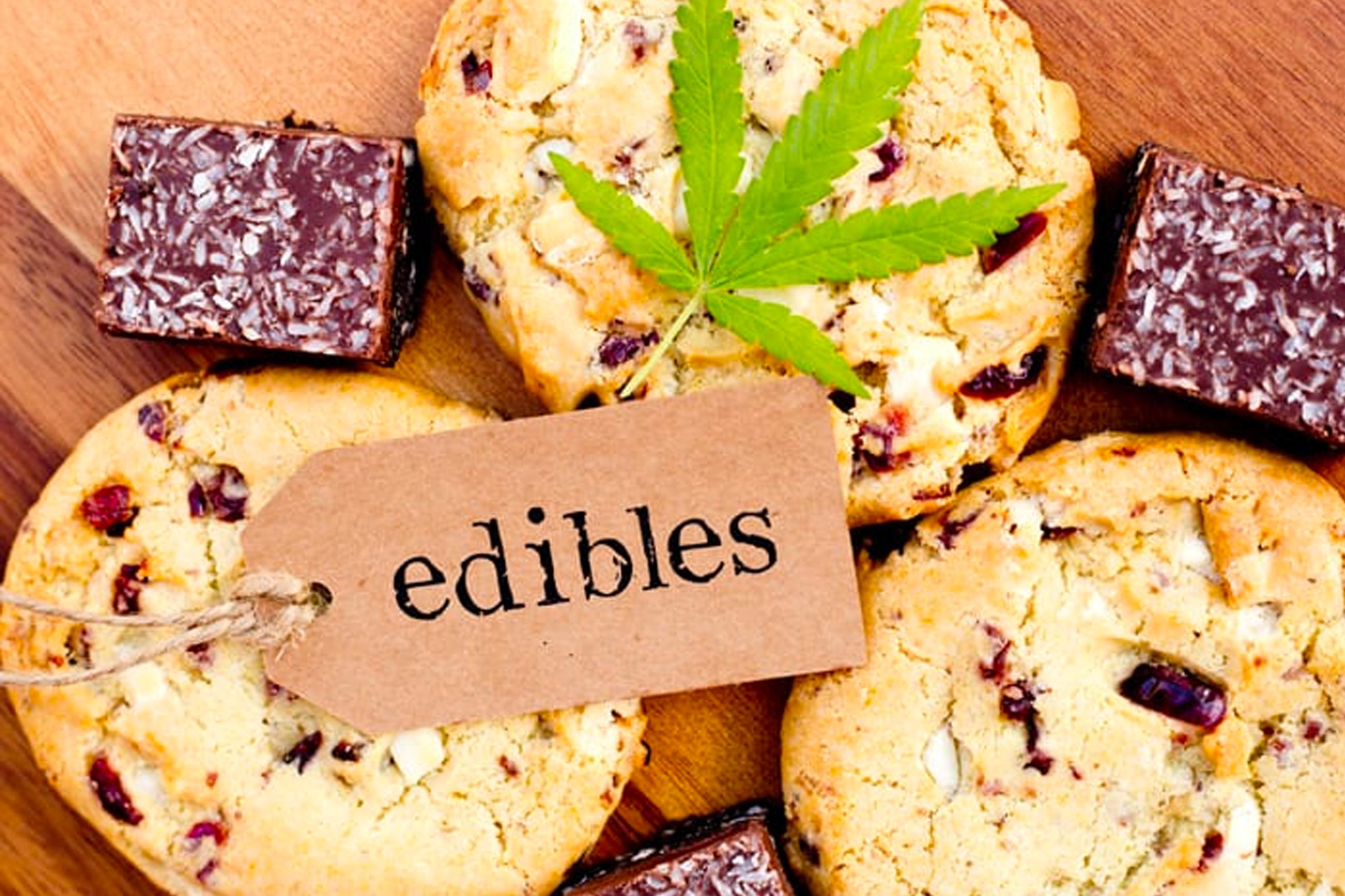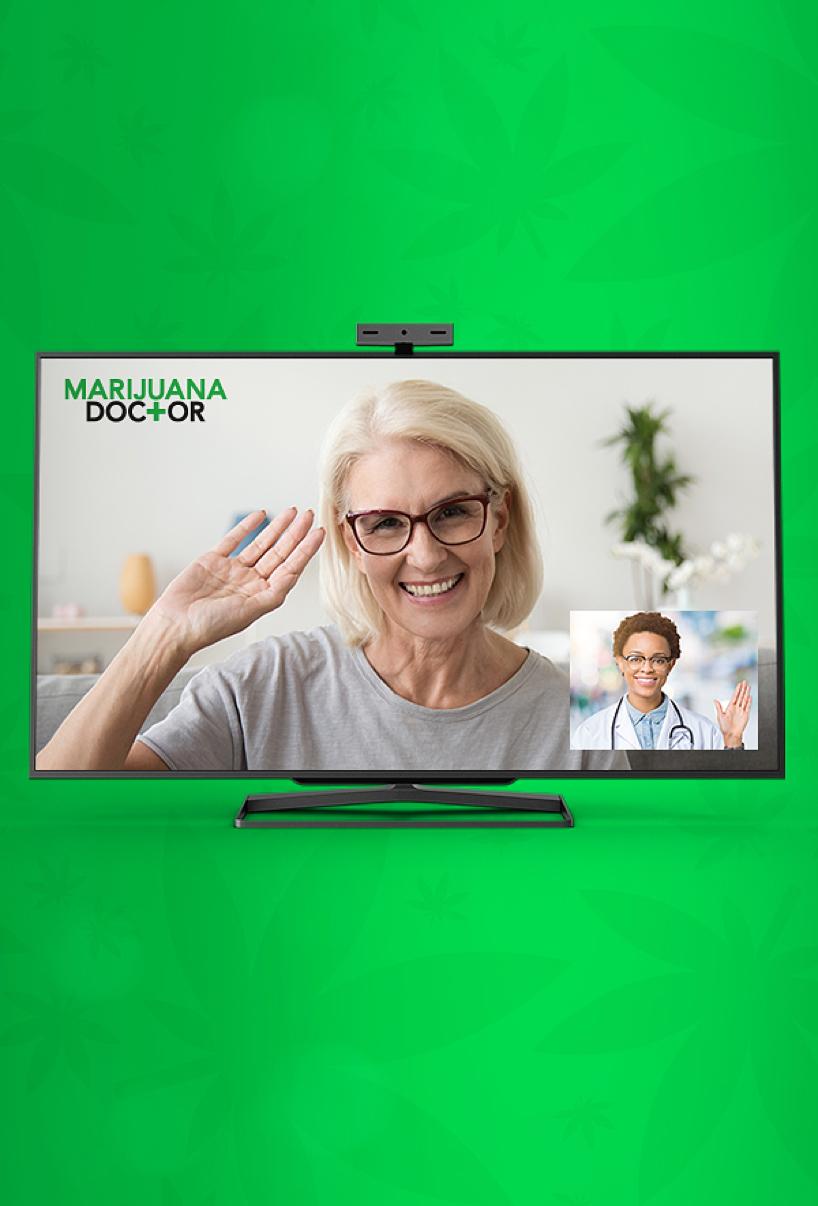The Florida Department of Health recently posted new rules that officially make marijuana edibles available to all card-carrying Florida medical marijuana patients. And as is our tradition here at MarijuanaDoctor.com, we want to be sure that all of our valued patients have an understanding of what marijuana edibles are, what medical conditions can be treated with them, and how to use them safely in order to help you find maximum relief from ailments and illnesses.
The legalization of marijuana edibles in Florida opens the state’s medical marijuana program to a new class of treatment. The development is expected to significantly increase the state's patient count. If you’re just now considering getting a Florida medical marijuana card, you will find a superior level of support and compassion at MarijuanaDoctor.com.
So, what are edibles, exactly, and how are they used to treat medical conditions? Our brief guide will describe the content of edibles, what they are used for, and how they are used and provide guidelines to dosing with edibles.
What are medical marijuana edibles?
The term "edible" is self-evident. However, since the medical marijuana industry has matured, the name has taken on a new meaning. The term "edibles" is a noun that refers to edible cannabis-infused medication. This is as opposed to smokable, sublingual, oral, and topical preparations.
Edibles can be taken in various forms but are most commonly available in the form of candy and baked goods. Cannabinoid-infused oils and beverages are also common.
What are the benefits of medical cannabis edibles?
Cannabis edibles provide certain benefits over other delivery methods for some patients suffering from particular conditions or who are averse to using other forms of medical cannabis. These are some of the benefits of edibles:
Smokeables can come with health risks.
Smoking and vaping medical marijuana products come with certain health risks. Smoking and vaping are both suspected of contributing to lung problems such as chronic bronchitis and asthma-like symptoms. The use of edibles eliminates these risks.
Edibles are discreet.
Marijuana Edibles are ideal for patients that would like to be discreet about their use of medical marijuana. Cookies and candy are far more discreet than paraphernalia, such as pipes for smoking and pills and capsules. When a person consumes edibles, any onlookers don't automatically assume that the person is consuming cannabis.
Edibles are more convenient.
Edibles are the most convenient form of medical marijuana. Unlike smokables and tinctures, marijuana edibles are highly portable, easy to use, and not prone to spilling as tinctures can be.
Edibles are more potent than smokeables.
When eaten, digestive enzymes convert delta-9 THC or THCa into a compound known as 11-hydroxy tetrahydrocannabinol or 11-OH-THC. This form of THC is far more potent than the THC produced in the original plant. In fact, a study by the Colorado Department of Revenue suggests that 11-OH-THC is more than five times more potent than THC. This means the patient might receive the same benefits from smaller doses.
Edibles provide more reliable dosing than smokables and vape pens.
When smoking marijuana or vaping cannabis-infused oils, it's challenging to determine dosage. With edibles, the dosage for an individual serving is listed on the product label. This makes it far easier to determine the exact dosage. For example, if one piece of a cannabis-infused candy contains 10 milligrams of THC, and the patient wants to take 50 milligrams of THC, they need to consume five pieces.
The effects of edibles are longer lasting.
When smoking or vaping cannabis products, the cannabinoids quickly enter the bloodstream via the lungs. The process of metabolizing cannabis begins immediately. However, when edibles are consumed, it takes more time for cannabinoids to enter the bloodstream, thus extending the treatment's effects.
Are there any risks to using medical marijuana edibles?
Although there are numerous benefits for some patients, there are also some risks associated with edibles. Most notably, it's far easier to become over-intoxicated when consuming THC-infused edibles.
Because the effects take time to materialize — anywhere from 30 minutes to a couple of hours — patients often consume additional products thinking that they haven't taken a high enough dose.
For this reason, it's essential to start with smaller doses in the first few days and work up to an ideal dosage.
Another risk presented by edibles is that they can be appealing to children or be confused with non-medicinal candy or baked goods, resulting in unknowing cannabis consumption.
Edibles, as with all medications, should be kept in a separate place in the home or workplace from food and be kept out of the reach of children.
What medical conditions can be treated with edibles?
All cannabis products are systemic. This means that the cannabinoids enter the bloodstream and circulate throughout the body. Therefore, edibles can be used to treat any medical condition that responds favorably to cannabinoid therapy.
However, there are some conditions for which edibles are ideal — most notable conditions of the gastrointestinal system (stomach and intestines).
Some of these conditions include:
- Sleeping Disorders like Insomnia.
- Crohn's disease
- Ulcerative colitis
- Irritable bowel syndrome (IBS)
- Inflammatory bowel disease (IBD)
- For more qualifying conditions contact your local Marijuana Doctor office or head over to MarijuanaDoctor.com to learn more.
Edibles are ideal for these conditions because they deliver cannabinoids directly to the affected area.
Conditions related to the stomach will benefit most from cannabis-infused candies such as gummy candy, hard candy, and chocolate. This is because these products melt almost immediately, delivering their contents directly into the stomach.
Conditions related to the intestines and bowel benefit more from baked edibles. This is because these products generally contain some fiber, making them much slower to digest and allowing cannabinoids to enter the intestines.
But, again, it should be stressed that edibles can be used to treat any condition which might respond favorably to treatment with cannabis and are a great alternative to smoking, vaping, and other delivery methods.
What is the proper dosage for edibles?
No dosage is ideal for all patients. Each patient is different. At MarijuanaDoctor.com, we will say the ideal dosage depends on several different factors such as age, gender, body size, physical condition, the makeup of the patient's endocannabinoid system, and the ailment being treated.
Actual dosing can range anywhere from what's known as "micro-dosing" — consuming very low levels of cannabinoids daily — up to 100 or more milligrams multiple times per day. Some more serious medical conditions might require even higher doses.
Most edibles contain anywhere from 5 to 50 milligrams, with 10 milligrams being common. Keep in mind that some products, particularly baked goods, and chocolate bars, might contain multiple servings.
Another factor to consider is that cannabinoids produce what's referred to as a "bell curve response." This means that above and below an ideal dosage, the effects of the treatment are diminished. Consuming too much or too little cannabis can result in unsatisfactory results. Moreover, consuming too much THC can result in over-intoxication.
It's vital to discuss cannabinoid dosage with your healthcare provider before you begin cannabinoid therapy.
What are the different forms of Marijuana Edibles?
Rather than containing actual marijuana plant material, these products are generally made with cannabinoid-rich extracts of marijuana and can take several forms.
Full-spectrum edibles
Cannabis edibles can be produced using what is referred to as a "full-spectrum" extract. This extract contains the ratios of cannabinoids and terpenes found in the original strain from which the extract was produced.
For example, if a strain with a 1:1 ratio of THC to CBD is used, then the extract and final product should also have the same ratio of cannabinoids and some of the terpenes (essential oils) produced by the strain.
Broad-spectrum edibles
The term "broad-spectrum" refers to products produced using a formula of purified cannabinoid isolate and added terpenes designed to treat a particular condition.
So, like full-spectrum products, broad-spectrum edibles contain both cannabinoids and terpenes, but in specific ratios that are not necessarily found in any specific strain of cannabis.
Cannabinoid-infused edibles
Terpene free edibles can also be produced using only cannabinoid isolates. For example, a product might contain only CBD, or only THC, or a combination of the two, but zero terpenes.
Discuss these options with your board-certified Marijuana Doctor physician.
How to get a medical marijuana card in Florida
MarijuanaDoctor.com is Florida’s leading provider of medical marijuana card recommendations. Our helpful doctors and staff have assisted over 20,000 patients to receive compassionate, affordable, and convenient care.
With just a phone call, you can schedule an appointment with one of our board-certified Marijuana Doctor physicians who will help you determine if you qualify for a Florida medical marijuana card.
After you’ve been approved, our dedicated and experienced staff will assist you with every step of the registration process. We’ll also help you find one of our trusted medical treatment centers (MMTC) partners so that you can purchase your medicine.
Patient evaluations cover all follow-up appointments for seven months. Follow-up appointments with Marijuana Doctor can also be done from the comfort of your own home via telemedicine.
You can either schedule an in-person appointment online or call (844) 442-0362 and speak to one of our friendly patient care specialists. We look forward to serving you!
